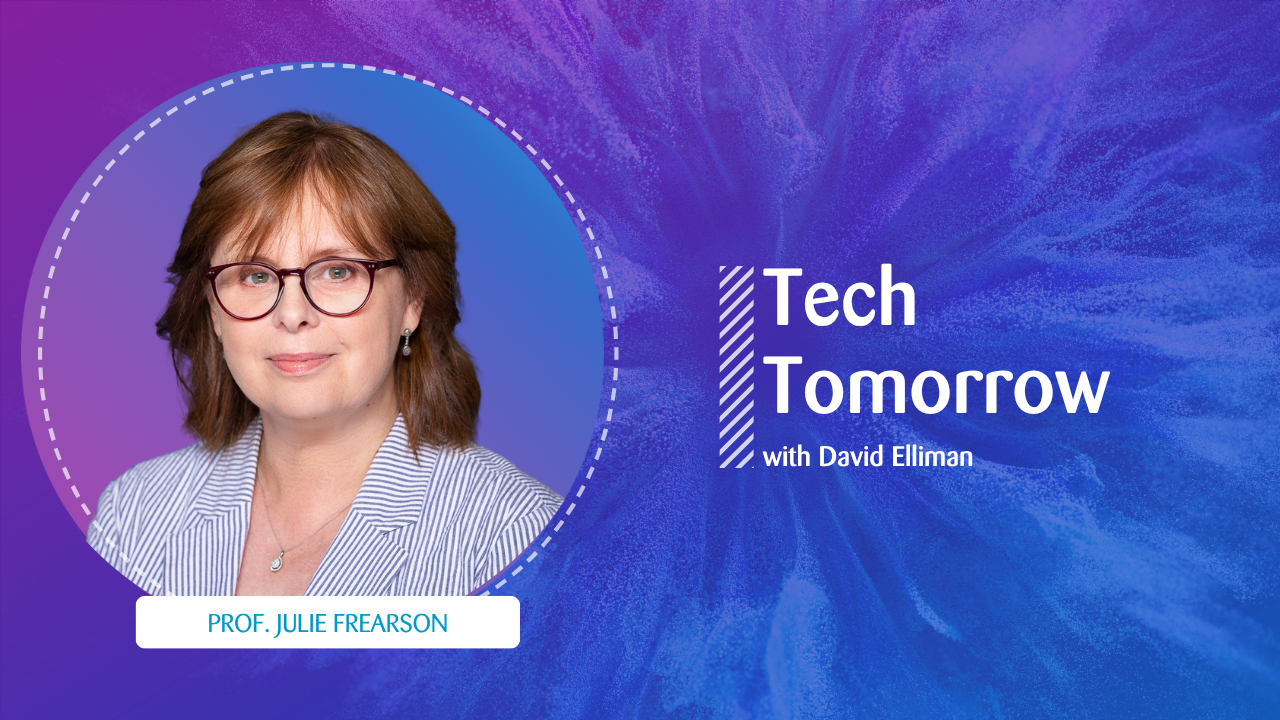-
The Swiss National Science Foundation chooses Zühlke as a strategic partner
-
A target architecture and a migration strategy is developed
-
Agile values and principles are central to this complex project
The Swiss National Science Foundation (SNSF) funds excellent research at universities – from physics to medicine to sociology. Zühlke supports the SNSF as a strategic partner at every level. In this interview, Benjamin Rindlisbacher, programme director at the SNSF, talks about the challenges, the SNSF as a digital frontrunner and their collaboration with Zühlke.
What challenges is the SNSF facing in the context of digital transformation?
Benjamin Rindlisbacher: First, let’s take a brief look back: in the past, the SNSF has always been a pioneer in digitalisation. Around 15 years ago, we were one of the first funding agencies in the world to give researchers a web-based tool for submitting their research applications. Today, our systems offer a very wide range of functions, and an extensive system landscape has been developed in recent decades to support our funding activities.
However, some of these systems are a little outdated and upgrading them has become very complex. We have decided, therefore, to replace our current systems, while leveraging the opportunity to rethink our processes, which have also evolved over time. Our goals are to simplify our processes, strengthen our focus on strategic priorities, improve our ecosystem integration and deploy innovations to create added value for researchers. For example, artificial intelligence methods will support the allocation of suitable people to evaluate applications in the future.
This project entails a high level of complexity which, from our point of view, can only be tackled in a step-by-step approach. At the same time, we have to ensure that ongoing activities can continue to be performed with the required quality standards. The challenge facing us is reconciling everything smoothly.
What concrete measures are being taken right now?
The first step was to set up a dedicated programme, including a team committed to bringing the SNSF a significant step forward within three years.
After making many fundamental decisions last year and developing a vision of our future processes, the actual implementation phase is now underway. With Zühlke as a strategic partner, we’re building a new, sustainable and robust architecture that offers flexibility in the future. This involves moving to the cloud and deploying new technologies.
At the moment, we’re working on the first version of the new portal which will go live in October.

Benjamin Rindlisbacher, AARE programme director
As a programme director and product manager at the SNSF, Benjamin is responsible in particular for the overall project and the technical development of future systems and processes for research funding. Before his role in the transformation programme, Benjamin held a variety of positions at the SNSF, most recently as head of the ‘Data and Systems Research Funding’ department. A business economist with a master’s degree in information systems, Benjamin has worked for many years on matters related to business and IT. He is currently completing an Executive MBA at the International Institute of Management in Technology at the University of Fribourg.
What led you to select Zühlke as a partner?
We used a multi-stage selection process to find the ideal partner for our project. In the final round, we held workshops together with the providers to develop problem-solving approaches and a collaborative model. Zühlke impressed us greatly. Their extensive expertise and useful experience on similar projects really made them stand out. It was important to us that Zühlke, as a strategic partner, could support us at every level, from development to programme management, while also ensuring the transfer of knowledge to the SNSF. We got the feeling that Zühlke was ready to shoulder responsibility for the results and success of the project together with us in a ‘one-team approach’.
Explore our digital solutions and application services
How do you run the project and which methods or approaches do you use (keyword: agility)?
Starting from a roadmap, we divide our project into initiatives, each of which then goes through discovery, alpha, beta and live phases, based on the ‘Agile Delivery Method’ introduced by Zühlke. The development is performed according to the SCRUM process model.
Together with Zühlke, we’ve developed a target architecture and a migration strategy. We divide our future systems into contexts that function independently while communicating with each other. We then develop these contexts in a gradual process. For the transition from old to new systems, we proceed step by step.
Agile values and principles are central to our complex project. We aim to achieve results quickly, obtain feedback, and avoid undesirable developments. We work in cross-functional teams in which all team members from the necessary disciplines work together closely and take responsibility for the entire process, from conception to operation of the new systems and processes.
A process based on the user-centred design method is also important to us. This means we specifically get various user groups involved in the development as early as possible to be able to align the SNSF portal optimally to the new use requirements.
“Zühlke impressed us greatly. Their extensive expertise and useful experience on similar projects really made them stand out.”
What motivates you personally in working on this project?
It’s very important for me to identify with the purpose of my work. The research funded by the SNSF creates knowledge that drives social and economic progress. In this way, the SNSF makes a long-term contribution to Switzerland’s competitiveness and prosperity, and to the quality of life of its citizens. That’s why research funding is very important to me, and this project is a unique opportunity to help shape the future of research funding at the SNSF. This inspires me to contribute my knowledge optimally to the project and to learn something new every day. I also find it very motivating that the SNSF is investing in digital transformation in a forward-thinking way.



